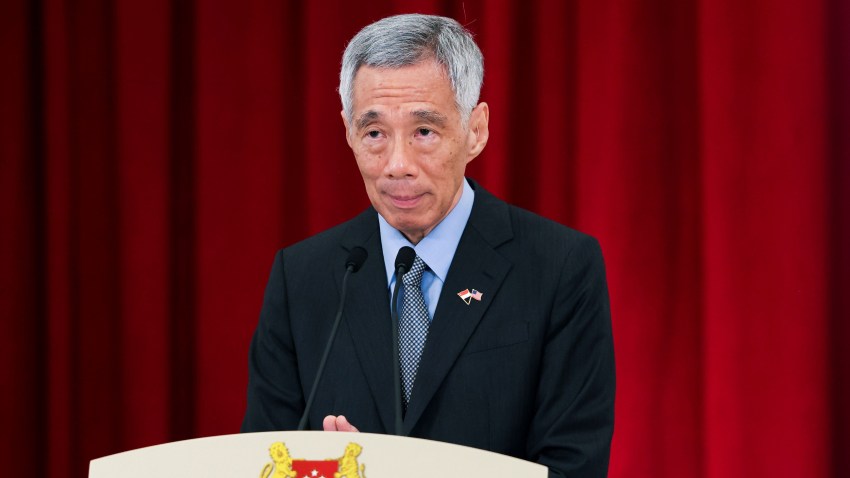Hello, everyone. Today at WPR, we’re covering recent scandals in Singapore and political upheaval in the Netherlands.
Now, here’s our take on today’s top story:
U.S.-Japan-South Korea: President Joe Biden will host Japanese Prime Minister Kishida Fumio and South Korean President Yoon Suk Yeol for a trilateral summit at Camp David in Maryland on Friday. The meeting will mark the first time the three nations’ leaders have held a stand-alone meeting. (Washington Post)
Our Take: A trilateral summit of this nature and the cooperation it both implies and facilitates has been a longstanding goal of Washington. In the past, however, tensions between South Korea and Japan based on historical grievances dating back to World War II have proven to be an insurmountable obstacle.
Now, though, a combination of factors—the rise of China and the perceived threat it poses, South Korea’s attempts at a foreign policy “reset” under the conservative Yoon and Japan’s desire to become a regional security power—have together made the trilateral summit a reality.
Still, while a summit of this nature clearly reflects a closer alignment between the U.S. and its two Asian allies on countering China, disagreements on how to do so will remain. That can already be seen with the tensions generated by Washington’s economic approach to countering Beijing, as the Biden administration continues to pressure South Korea and Japan to join its tech “blockade” of China, despite the economic costs for them of doing so.
The timing of this meeting also puts it in juxtaposition with next week’s BRICS summit. While the first-of-its-kind trilateral summit in Camp David represents a convergence of interests among the U.S. and its allies, BRICS seems to be moving in the opposite direction. In addition to disagreements over expansion, its members differ more fundamentally on whether BRICS should represent the anti-U.S. platform that Russia and China would like it to become, or simply a multipolar alternative to U.S. hegemony, as India and Brazil would prefer.

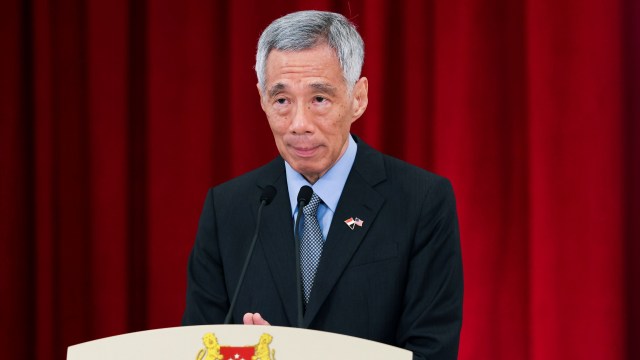
Singapore’s Social Contract Is Starting to Fray
Since Singapore’s independence in 1965, the People’s Action Party, or PAP, has won every election the country has held, albeit in a political environment Freedom House calls “partly free.”
Yet despite the restricted electoral environment, the PAP long has enjoyed genuine and significant popular legitimacy for its tremendous accomplishments in developing Singapore into a global financial hub, as well as for a national social contract that emphasized meritocracy, a forward-thinking bureaucracy and the rule of law.
Now, though, Singapore’s social contract increasingly seems to be breaking down, Joshua Kurlantzick reports.
Rutte’s Departure Is Shaking Up Dutch Politics
As the longest-serving prime minister in Dutch history, Mark Rutte has so dominated his VVD party that his impending withdrawal from politics, which he announced last month, left no immediately apparent successor.
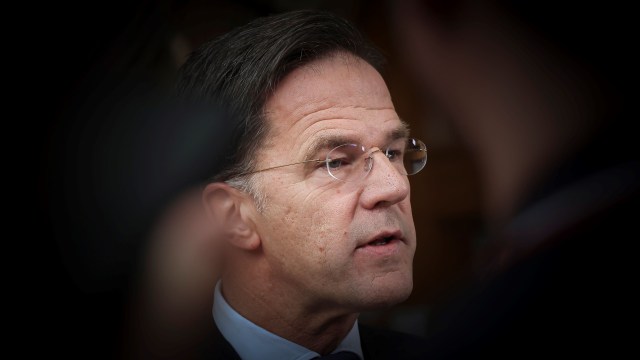
And the VVD has for so long had the upper hand in Dutch politics that the transition to the post-Rutte era has upended the national political landscape, opening the way for a new generation of leaders and, ultimately, a new prime minister.
Columnist Frida Ghitis breaks down the chain reaction of resignations and political realignments going on in the Netherlands.

Nicaragua’s government has confiscated the University of Central America, a prestigious Jesuit-run college, alleging it was a “center of terrorism.” The college was notably a hub for 2018 protests against the authoritarian regime of President Daniel Ortega.
The confiscation comes amid a wider crackdown in Nicaragua on the Catholic Church, which the Ortega regime views as a threat because it serves as an alternative center of social and political organization, and more importantly, as an alternative center of power, as Ryan C. Berg wrote last year.
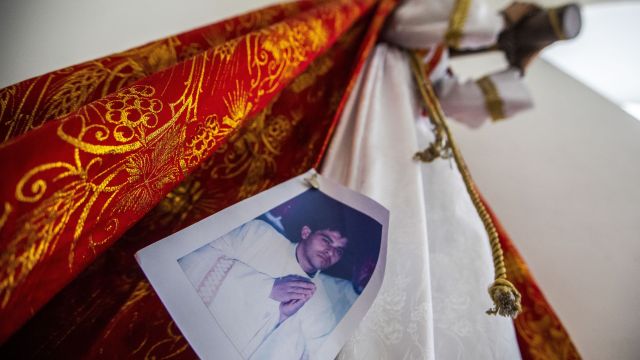
The ‘Church of Ortega’ Is Now the Only One Permitted in Nicaragua
Aug. 30, 2022 | The Nicaraguan regime has a new target. Not content with jailing leading opposition figures, the regime has now taken aim at the Catholic Church. Read more.
As the Syrian pound’s value declined to a new all-time low, President Bashar Assad issued a decree doubling public-sector wages and pensions. The U.S. dollar traded at 15,000 pounds yesterday, compared to 7,000 pounds at the beginning of the year and 47 pounds at the start of the Syrian civil war in 2011.
Twelve years after the conflict first began, although the front lines have been stabilized for almost three years, Syria still has no hope for economic recovery or reconstruction. Elizabeth Tsurkov wrote in March about why there appears to be no respite on the horizon for Syrian civilians:
Assad Has Survived Syria’s Civil War. Syria Might Not
March 21, 2023 | Twelve years after Syria’s civil war began, the Assad regime may be scoring political wins, but society is suffering more than ever. Read more.
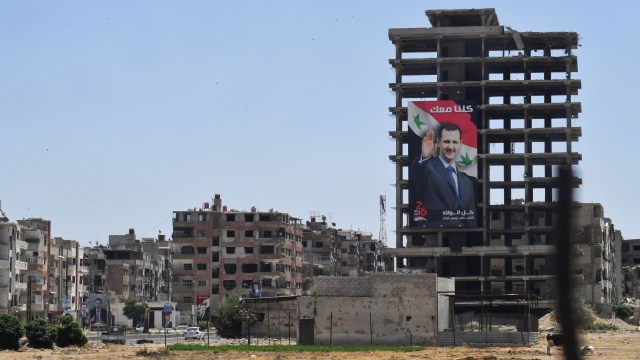
That’s all for today’s Daily Review. Coming up, we’re covering the Biden administration’s restrictions on tech investments in China and the Caribbean’s response to the impact of climate change.
Have a great day,
Jakob Cansler
More From WPR
- Bereket Diriba on the conflict in Ethiopia’s Amhara region.
- Alexander Clarkson on the far-left in Germany.
- Charli Carpenter on how the U.S. military could help fight climate change.
- Borzou Daragahi on Iran-Afghanistan relations.

